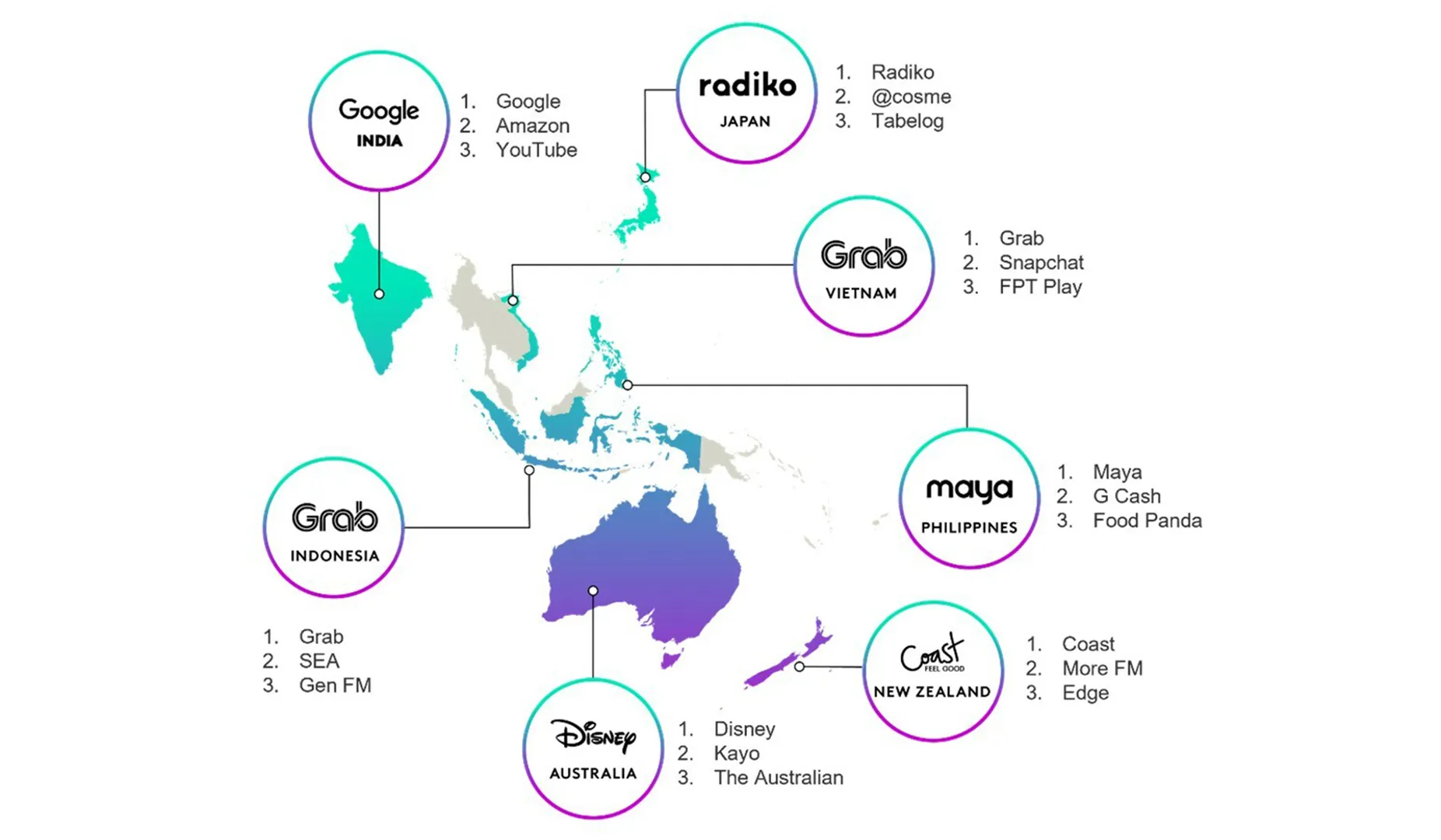
Posted on: 22 Apr, 2024, 10:04 AM
Overview of Advertising Regulations in New Zealand
In New Zealand, advertising is regulated through a combination of legislative frameworks and self-regulatory codes managed by the Advertising Standards Authority (ASA). Here are the main points to consider:
Fair Trading Act 1986 (FTA): This act is the cornerstone of advertising law, prohibiting misleading or deceptive conduct in trade, including advertising. It ensures that all advertising claims are truthful and not misleading to consumers.
Advertising Standards Authority (ASA): The ASA self-regulates advertising beyond the FTA's mandates, handling complaints and providing guidelines through various codes such as the Advertising Standards Code and sector-specific codes for alcohol, children, gambling, therapeutic products, and financial services.
Specific Advertising Codes: These include codes for alcohol advertising and promotion, children and young people’s advertising, gambling advertising, therapeutic and health advertising, and financial advertising. These codes ensure that advertisements are prepared with a sense of responsibility and do not mislead or deceive.
Prohibited Practices: Certain products like tobacco and specific practices such as overseas gambling promotion or advertising controlled drugs are banned. There are also restrictions against certain types of marketing tactics like ambush marketing around major events and unsolicited electronic messages without consent.
Enforcement and Compliance: The ASA's decisions are widely respected and followed, with a high compliance rate. If a complaint is upheld by the ASA, the advertisement must be withdrawn, and media outlets are also encouraged not to publish or broadcast it.
These elements create a comprehensive regulatory environment that demands high standards of honesty and social responsibility in advertising practices throughout New Zealand.
Trending

Elevate Your Brand in 2024 with Times Square's Top 3D Screens!
Unlock unparalleled brand visibility in New York City! Times Square, renowned for its vibrant digital landscape, presents an unique opportunity with its top four 3D screens: ‘Digital Godzilla’, ‘Big Kahuna’, ‘The Monsta’, and ‘Big Bertha’. Each screen offers a unique canvas for your brand to captivate millions with unmatched clarity, scale, and engagement. Whether it's the sheer size of ‘Big Kahuna’ or the innovative technology of ‘Digital Godzilla’, your advertisement will not just be seen; it will be an experience. Collaborate with GlobalMediaKit for tailored advertising solutions that breathe life into your brand at Times Square. Let's make your presence in one of the world's most iconic locations impactful.
Explore Now On: www.globalmediakit.com

Dive into Experiential Marketing with GlobalMediaKit!
Now in the UAE! Immerse your audience with experiential marketing. Transform your brand's narrative into an interactive journey, capturing attention with immersive art installations, live demonstrations, and exclusive events in the UAE. This innovative approach turns advertising into memorable encounters, heightening audience engagement and nurturing brand loyalty in the UAE. Embark on an advertising revolution in the UAE, where your brand is not just seen but deeply experienced. Collaborate with GlobalMediaKit to make your brand an unforgettable part of your target audience's daily life in the UAE. Connect with us now and achieve unmatched experiential marketing success in the UAE!
Explore now:www.globalmediakit.com





YouTube and Google Most Preferred Ad Platforms of Marketers in Asia Pacific
1/6/2024
Google continues to hold its top spot of being consumers' most preferred ad platform in Asia Pacific, according to Kantar. Most consumers view Google ads as relevant and helpful, as per Kantar Media Reactions 2023. Meanwhile, Google is APAC marketers' second-favourite platform while YouTube is the first in their list of preferences.
Source: PR Newswire
www.globalmediakit.com





Asia Pacific Leads the Way with the Presence of World's Top Four OOH Markets
1/6/2024
Speaking at WOO's second Asia Forum in Bali, World Out of Home Organization President Tom Goddard stated that Asia Pacific has the largest young population in the world, a GDP greater than that of either the US or Europe, and the most thriving Out-of-home business. Four of the largest OOH markets in the world can be found in APAC.
Source: World Out of Home Organization
www.globalmediakit.com





Saudi Arabia's 1,600 Taxis to Carry Ads, Opens New Revenue Streams
1/6/2024
Exciting news for advertisers: A deal permitting 1,600 taxis to carry advertisements has been signed by Saudi Arabia’s Transport General Authority. In addition to offering advertisers more choices, the contract aims to give taxi companies a new source of income. This is the Kingdom's first agreement of its kind.
Source: Arab News
www.globalmediakit.com





Asia's Video Market Expected to Hit 165 billion Dollars by 2028
1/6/2024
China Continues to Lead the Asia Pacific region with 64-billion-dollar revenue
A study by research and consulting firm Media Partners Asia projects that over the next five years, Asia's video market will expand at an annual rate of 2.6%, reaching $165 billion by 2028. With a revenue of $64 billion in 2023, China continues to be the largest and most regulated video market in the Asia Pacific region.
Source: Variety
www.globalmediakit.com





India's Small and Medium Businesses to Double its Digital Ad Spend by 100%
1/6/2024
In 2024, small and medium businesses (SMBs) in India are poised to leverage streaming TV extensively to achieve their marketing objectives. Amazon Ads, the advertising service of e-commerce giant Amazon, has confirmed this trend in the global advertising industry. Simultaneously, a FICCI-EY report has forecast a remarkable journey for SMBs in India, projecting their digital ad spend to double in just five years by 100 percent, beginning from the year 2022.
Source: Campaign India
www.globalmediakit.com
GLOBAL MEDIA KIT
The unique platform to plan, build and execute top-notch brand campaigns by discovering and securing leading ad opportunities through seamless partnership between advertisers and the dynamic global media.
RESOURCES
USEFUL LINKS
























